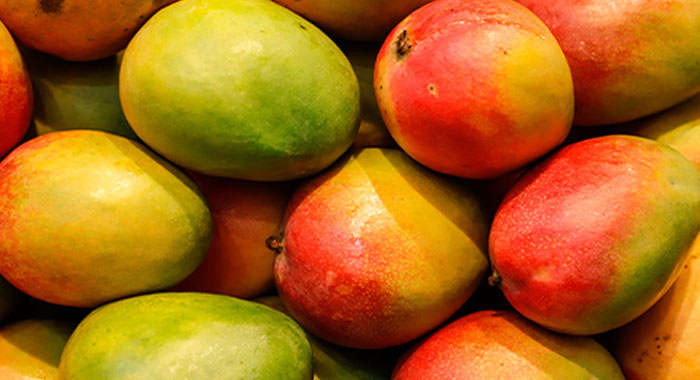The National Agency for Food and Drug Administration and Control (NAFDAC) has intensified its efforts to combat the pervasive practice of artificial fruit ripening using calcium carbide, a chemical compound that poses significant health risks to consumers. In Gombe State, NAFDAC officials intercepted truckloads of mangoes artificially ripened with this hazardous substance, raising concerns about the potential for widespread exposure. Pharmacist James Agada, the Gombe State Coordinator for NAFDAC, underscored the gravity of the situation, emphasizing that the consumption of fruits ripened with calcium carbide can lead to severe health consequences, including cancer, heart failure, kidney failure, and liver failure. This is because calcium carbide often contains dangerous impurities such as arsenic, lead, and phosphorus, which contaminate the fruit and pose a direct threat to human health.
The discovery of these contaminated mangoes followed persistent efforts by NAFDAC officers to educate fruit traders and residents about the dangers of artificial ripening. Despite these awareness campaigns, some traders persist in using calcium carbide, prioritizing faster ripening and potentially higher profits over consumer safety. The intercepted mangoes were found in a shop located in Hayan Dogon Ruwa, within the Billiri Local Government Area of Gombe State. This incident highlights the ongoing challenge of regulating the practice and protecting the public from the harmful effects of artificially ripened fruits. NAFDAC’s proactive approach in seizing these mangoes demonstrates their commitment to ensuring food safety and safeguarding public health.
NAFDAC has adopted a multi-pronged approach to address this persistent public health challenge. This includes continued education and awareness campaigns targeted at fruit traders and consumers, coupled with enhanced surveillance and inspection activities. Consumers are urged to be vigilant and to learn how to identify artificially ripened fruits. These fruits often exhibit a uniform yellow color, unlike naturally ripened fruits which may have variations in color. Additionally, the stems of artificially ripened fruits are often dark, and the skin may have a powdery substance. These fruits also tend to spoil quickly, having a shorter shelf life compared to naturally ripened fruits. This is due to the disruption of the natural ripening process, leading to accelerated decay.
The artificial ripening process using calcium carbide significantly compromises the quality of the fruit. While it achieves the desired yellow color, it often leads to an inferior taste and texture compared to naturally ripened fruit. The natural aroma and flavor are also lost, leaving a less appealing product for consumers. This is because calcium carbide interferes with the natural biochemical processes involved in ripening, compromising the development of the full flavor profile and texture characteristics typical of naturally ripened fruit. Consumers are deprived of the optimal sensory experience associated with consuming ripe fruit, while also being exposed to potential health hazards.
NAFDAC emphasizes the need for heightened consumer awareness, especially during peak fruit seasons when the temptation to use artificial ripening agents is highest. Consumers should be particularly cautious when buying fruits and should learn to identify the signs of artificial ripening. Naturally ripened fruits are more likely to have brown or black spots, a sign of the natural ripening process. They will also be more juicy and flavorful compared to their artificially ripened counterparts. This is because the natural ripening process allows the fruit to fully develop its characteristic flavors and juiciness, while artificial ripening often disrupts these processes.
NAFDAC has issued a stern warning to those engaged in the sale of artificially ripened fruits, emphasizing that they will face severe penalties. The agency reinforces its unwavering commitment to protecting the health and well-being of citizens and will not tolerate practices that put public health at risk. This includes continuous monitoring and enforcement activities to identify and prosecute those involved in the illicit trade of artificially ripened fruits. By implementing strict measures, NAFDAC aims to deter further use of calcium carbide and ensure that consumers have access to safe and wholesome fruit. The agency’s proactive stance underscores its dedication to promoting food safety and safeguarding public health.













